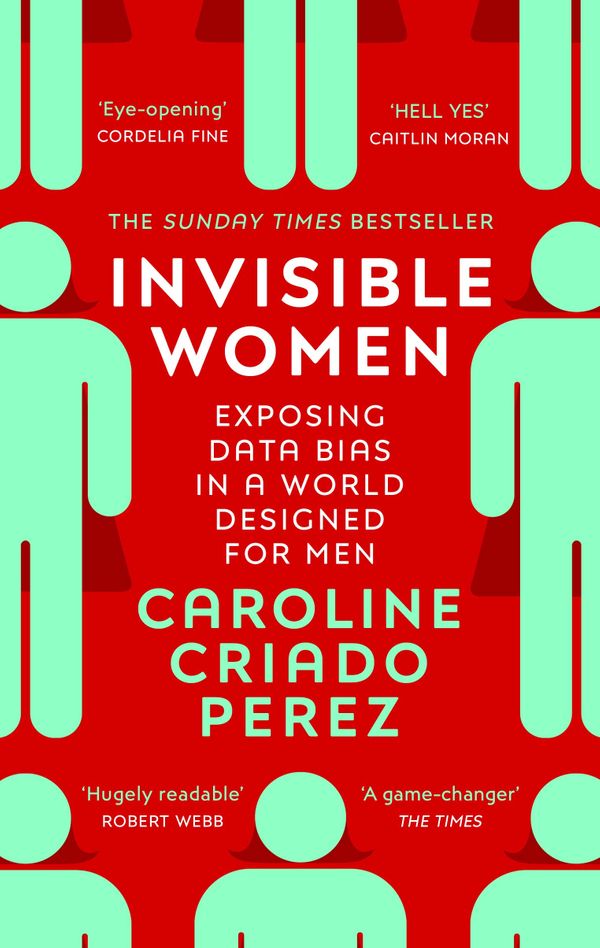By Neil Strauss (2015)
Pages: 448, Final verdict: Great-read
Committing to a beloved partner and promising to spend their lives together might come natural for some people. For some others, it is not so easy. Especially in today’s relationship dynamics, one could easily find themselves asking:
- Is it possible to commit to one person for the rest of my life?
- Can I learn to be faithful or does it have to be in me?
- Can I be happy with one person? Do I need more people to better fulfill my needs?
- What makes people want to cheat? Why do people cheat?
And moreover, one can start wondering:
- Where does sex addiction start?
- Is it treatable? Is it a real addiction or an excuse not to commit and have multiple partners?
- Does therapy help?
- What are these people like?
Journalist and author of “The Game: Penetrating the Secret Society of Pickup Artists” Neil Strauss tells his own story to answer these questions and more in his latest book “The Truth, An uncomfortable book about relationships.”
Journey of a sex addict to a healthy relationship
The author claims neither to crack the code to a better relationship nor turning a sex addict to a committed future partner. What he tells is his own story where we can all find different things to relate to. Especially certain parts of his learnings are indeed interesting:
The author describes the birth of the book as his journey to find a working relationship model after he hit rock bottom in traditional monogamy. He starts by questioning the monogamy model after many failed attempts at it.
Throughout his story, he experiments with various polygamy models. – He tries swinging, a polyamorous relationship with three women, open relationships etc. - What he discovers soon after trying each different relationship is that regardless what kind of a relationship model he is in, it still needs a different type of commitment to make it work. It might be a different setting than monogamy but a connected relationship always has a commitment to make the connection work.
If I had to choose only one learning from his journey, and recommend only one part of the book, it would be this: For a healthy, long lasting and happy relationship, you have to understand yourself. The author discovers that his lack of success in monogamy isn’t because he didn’t have the right partner or that monogamy was a bad relationship model. It was because he had his personal problems that prevented him from committing to another person. Hence regardless of what type of a relationship you have, you have to heal yourself to be happy. You should not expect a third person to fill your inner void. You need to do this yourself. Then you can have a unique connection with another person.
“Love demands only one thing and expects only one thing: that each person be his or her own true self. Everything else we attach to love is just a personal strategy.” - Neil Strauss
The generic description for sex addicts is that they constantly engage in compulsive sexual activity even though this might harm and hurt themselves or others. During the author’s journey and his sex addiction therapy, we observe that there is not indeed a very definite agreement on whom to call a sex addict. It’s very interesting to be introduced to different people with problems, how they are treated, what type of therapy they have and how are perceived by other people. The author shows us that there are very different approaches to this addiction and in his case it was best to combine many different point of views.
Bottom Line
At first, The Truth comes off as a sex addict’s journey to lure himself into a monogamous relationship. However the further you read, you realize it is indeed more than that. I have to admit I was very sceptical to find the true meaning of human connections and healthy relationships here. But reading Neil Strauss’ sincere journey to an honest and connected relationship, makes you also start questioning your own feelings and beliefs. In contrast to any informative book about relationships, therapies, self-observation and all, you can relate more easily to the book. Although the details of the journey are not always pleasant to read, it comes out as a sincere and heartfelt written story.
Even though this book is not classified as a self-help, psychology or a philosophy book, you can find inspiring and intriguing things in these 448 pages. I think in todays’ era, it’s a very refreshing book to read – especially if you find yourselves questioning your commitment decisions once in a while.
Further Learning
- Buy the book online.
- Neil Strauss' blog
- Neil Strauss on Twitter
- Panel discussion about The Truth by Neil Strauss
This post was written by Bahar Akinci, a guest author at BetaGlyph. You can find out more about the author at betaglyph.com/about.



